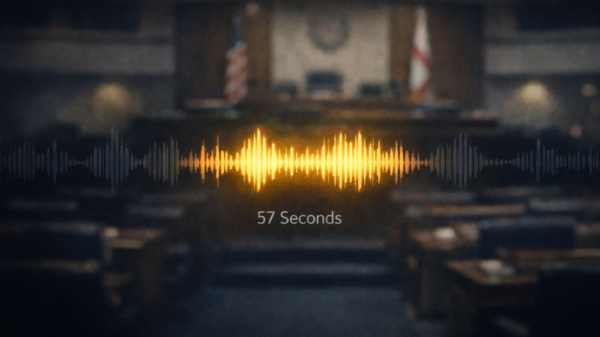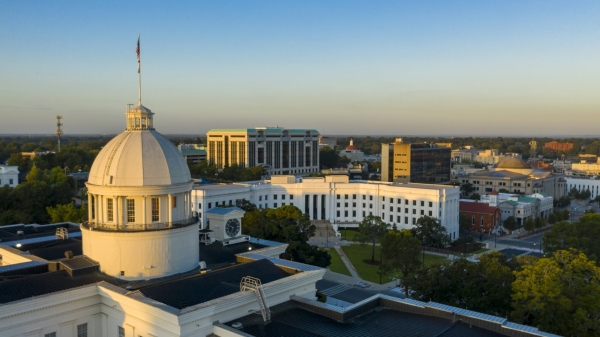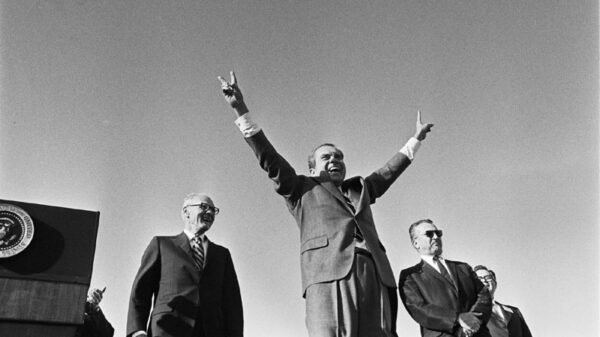A lawsuit against the City of Orange Beach seeking public records is back in action after being initially dismissed for structural issues.
A federal judge ruled that the initial complaint by Orange Beach “citizen journalist” C.C. Dixon-Moreno amounted to an improper “shotgun pleading” and ordered that the case be dismissed while allowing Dixon-Moreno 30 days to amend the complaint and re-file.
That amended complaint is in, re-kindling the lawsuit in search of body cam footage that purportedly shows Mayor Tony Kennon at the scene of a domestic violence call on city property last year. A bartender at the Pleasure Island Tiki Bar reported seeing a naked man repeatedly punching a woman on the balcony of the Coastal Resources building.
Dixon-Moreno, a Mississippi attorney that has not yet gained reciprocity in Alabama, has been a vocal critic of Kennon’s on social media and said she filed the initial complaint in Baldwin County Circuit Court hastily in hopes to get the footage before the municipal elections. Despite the controversy, Kennon was reelected with about 60 percent of the vote in August.
The case is no longer being brought pro se by Dixon-Moreno; she has hired attorney Dennis Green out of Pensacola to represent her in the case.
“This is not a standard public-records dispute—ethics conflicts pervade the facts, and allowing nondisclosure here undermines public trust and the watchdog function of the press,” the new complaint alleges.
The complaint is similar to the original, calling on the court to compel the city to release the footage as matter of important public record. It also questions the city’s decision to open an investigation involving the footage after the public records request, arguing this is an effort to stymie the request itself by tying the footage up as “investigative material.”
“On information and belief, the September 2024 response generated body-worn camera footage but resulted in no arrest, no charges, and no contemporaneous
investigative case file,” the complaint states. “Even if the footage was initially created during a criminal response, the City’s categorical use of investigative status to indefinitely bar disclosure is arbitrary where no ongoing investigation exists and no specific, articulable harm from disclosure is identified. The City’s refusal has operated as a pretext to shield official conduct from public scrutiny.
“The subject of the alleged misconduct, Mayor Kennon, exercises supervisory authority over OBPD, the custodian of the footage. Allowing him or his office to influence nondisclosure of footage of his own conduct presents a conflict of interest and results in unequal enforcement of disclosure rules.”
While the original complaint focused more on whether the city could ignore Dixon-Moreno’s public records request because she did not use the city’s online request portal, this complaint focuses on the city’s denial of the materials citing Alabama law and precedent.
“As framed here, the footage is not the product of an investigative file, rather, it is
contemporaneous, objective evidence of the event itself,” the complaint contends. “At what point does material cease to be ‘investigative’ and become the fruit of the crime? When the footage depicts prima facie misconduct by a supervising official, a later administrative review cannot transmute it into protected investigative material
“… If there is nothing to hide, the City can and should release the recording subject to reasonable protective measures, including redaction or a protective order. The categorical refusal, despite the availability of narrow tailoring, confirms that secrecy, not privacy, is the objective.”

















































